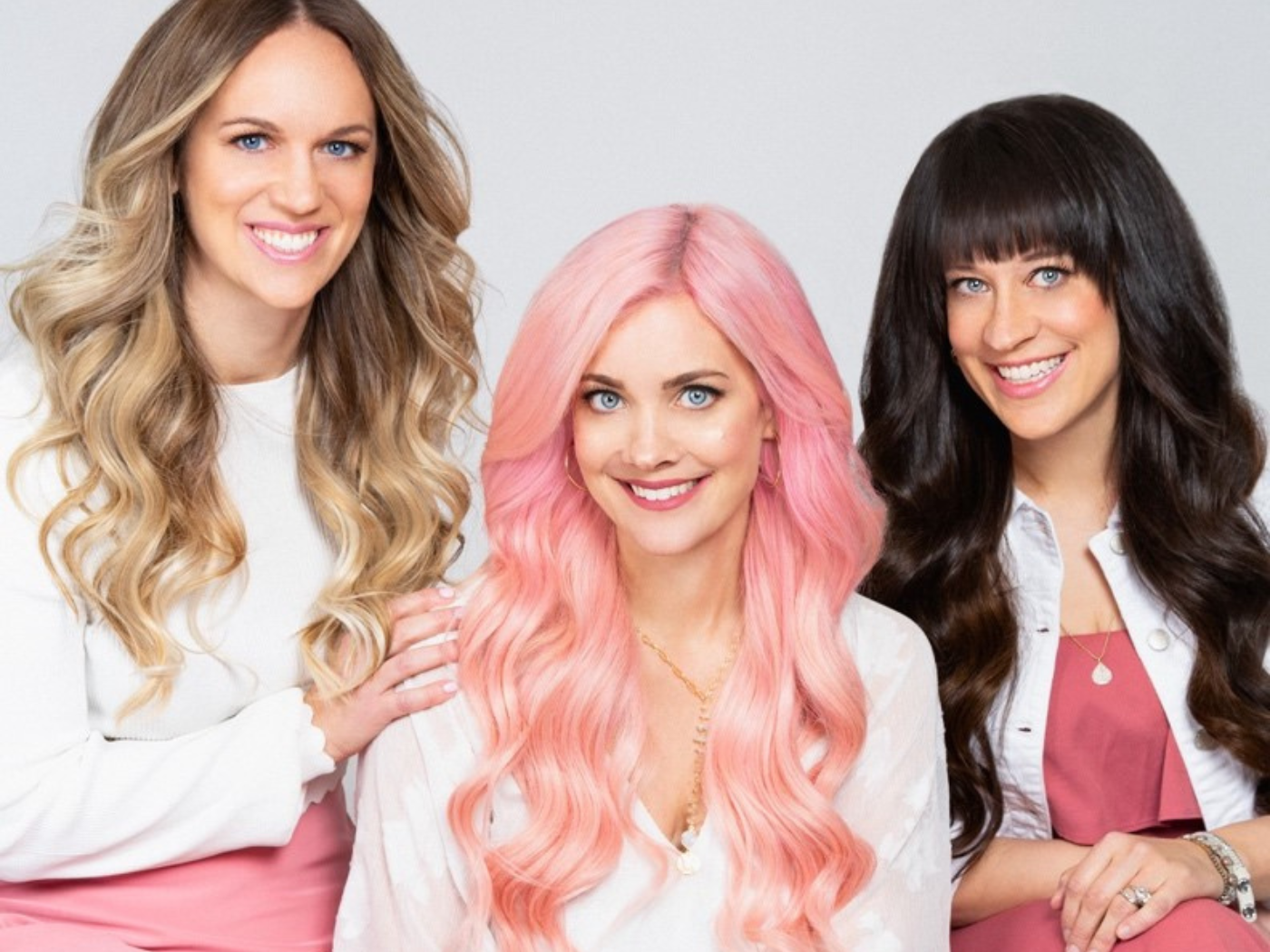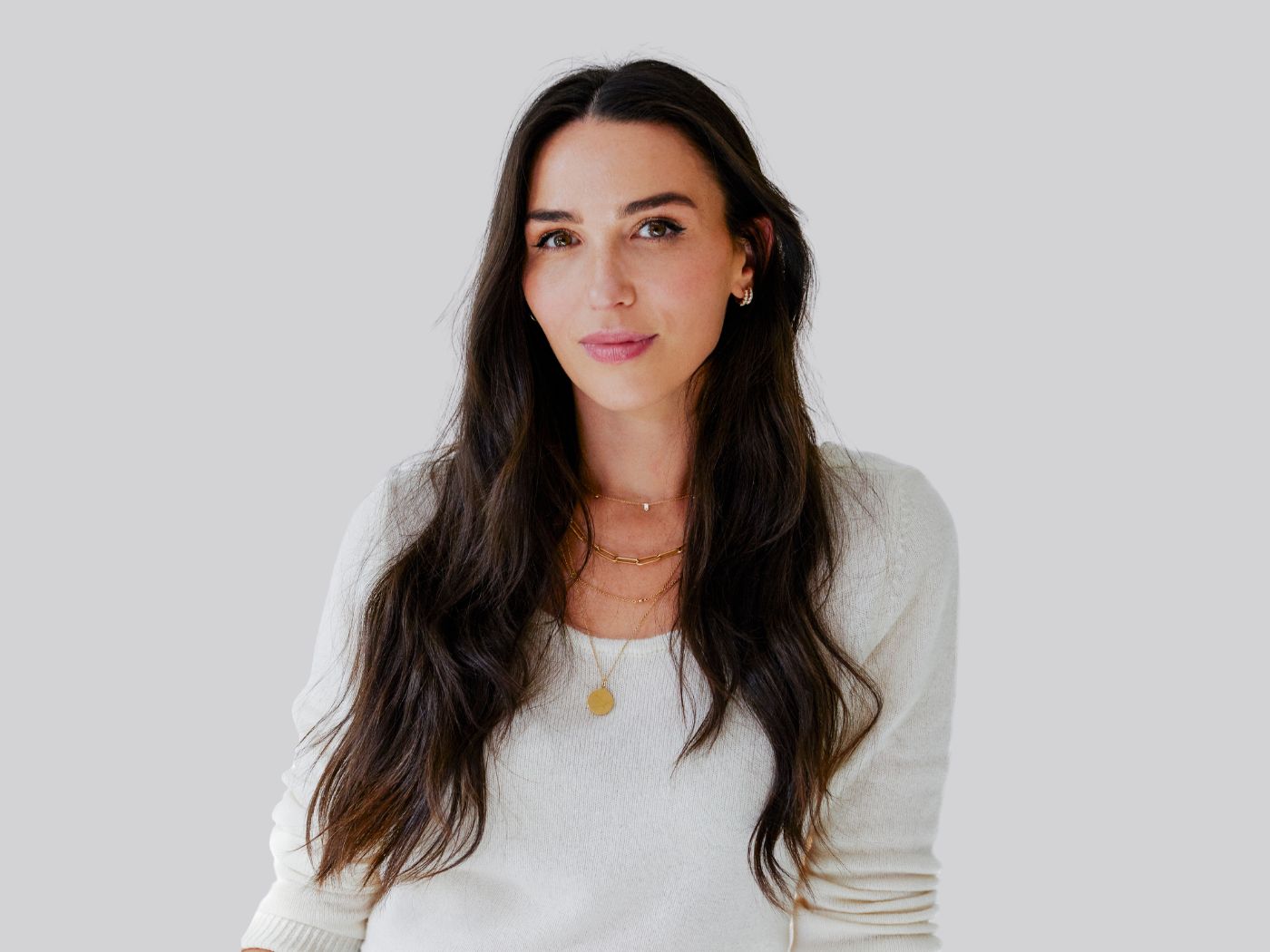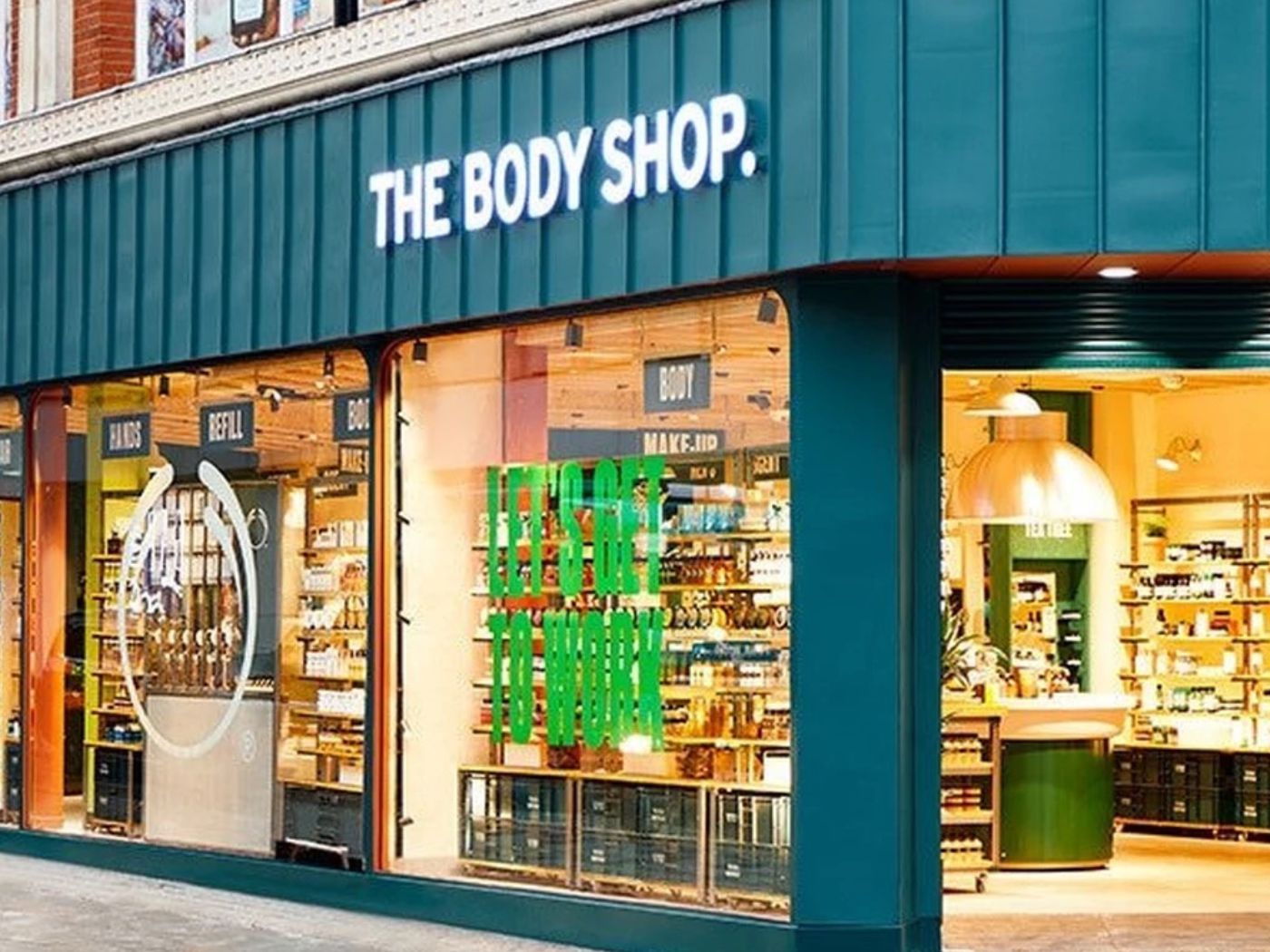The creator economy is expected to reach a staggering $480 billion by 2027, according to a report released by Goldman Sachs. Despite being in its nascency, this ecosystem is already generating $250 billion – and quickly ballooning. As brands and agencies grapple with how to navigate the space, CreatorIQ, a creator marketing platform, brought together more than 300 experts for its inaugural CreatorIQ Connect Summit. The one-day conference, held on October 26 at The Ebell of Los Angeles, featured 40 panels and presentations across beauty, fashion, entertainment, and technology. The programming included executives from YouTube, Meta, Too Faced Cosmetics, Ulta Beauty, M.A.C, and others, as well as authors and journalists.
Throughout the conference, a phrase that prevailed was “live commerce.” Video is playing an increasing role in selling products, according to Somer Tejwani, Senior Vice President, Global Marketing at Too Faced Cosmetics. “In North America, the consumer is ready to purchase live. It’s a great untapped opportunity for brands.” On the retailer side, Michelle Crossan-Matos, Chief Marketing Officer at Ulta Beauty, added that “live selling allows us to tap into authentic storytellers who educate. We can do live commerce that goes straight to you at home, without going into stores.” Bridget Dolan, Managing Director of YouTube Shopping shared that short-form video is the fastest growing content at YouTube, and shoppable short-form is “on fire.” Dolan added that “people have a short attention span. It’s not about production value. It’s a quick review of why this product is amazing. If you really give the goods, it goes like hot cakes.” While most brands have long and short form content, quick videos drive more traffic to live commerce. Simple, easy, fast product reviews in 15-second or 30-second formats— that aren’t overly staged—do best.
Presenters also touched on the reality of tightening budgets and how AI can be used to supplement content creation. Smaller brands, especially, need tools to help build campaigns that can evolve at the speed of culture. If AI can help teams work more efficiently, it’s always a win.
Experts urged brands to broaden the definition of creator. According to Katie Welch, CMO at Rare Beauty, in-store advisors at Sephora are Rare Beauty’s biggest marketing channel. Marketers should bring creators closer to brand strategy, like in-house consultants. “Who can help drive a conversation and get your message across? What are the levers you need to pull? In some markets it’s paid, in others its creators, influencer marketing, or beauty advisors in store at Sephora,” added Welch. Aida Moudachirou-Rebois, Senior Vice President, Global CMO of M.A.C Cosmetics, said that M.A.C was founded by its own creators: makeup artists, and the brand continues to embrace storytelling from its makeup pros worldwide.
Addressing the challenges of keeping up as a small brand, Welch encouraged marketers to “listen to different markets on social media to find out how they use beauty products, what speaks to them, and how they discover products. Be humble, observe, ask questions. Followers are not just numbers, they’re people. We can reach out and get to know them.” Similarly, brands should conduct deep listening in the creator community. “When we get to know creators, we get to know them as people. This person is someone who can help move your brand forward. Look at how they are bringing their passion to life,” said Welch.
The industry is not only seeing an increase in investment in the creator economy, but also an expansion in the scale of tech solutions. TikTok, for example, is investing in solutions that support and fuel the space as it continues to scale. YouTube recently piloted a new affiliate program with 150 brands, allowing creators to tag products featured in video and sell them, earning commission. Platforms are putting resources behind making enhancements for individuals, brands, agencies, and talent managers.
Successfully connecting with creators ultimately comes back to the basics of building deep, lasting relationships, rather than buying one-off endorsements, according to Conor Begley, Chief Strategy Officer at CreatorIQ. “This isn’t about going out and paying Kim Kardashian to talk about you. This is about building a very large community of people who are supportive and deeply connected to your brand and talk about it all the time because they’re passionate about it, not just because they’re getting paid to do it. There’s a connection between retention — your ability to get someone to keep talking about you year after year — and growth. It is far and away the most predictive metric we have for growth. You want to grow? You better keep people around.”




